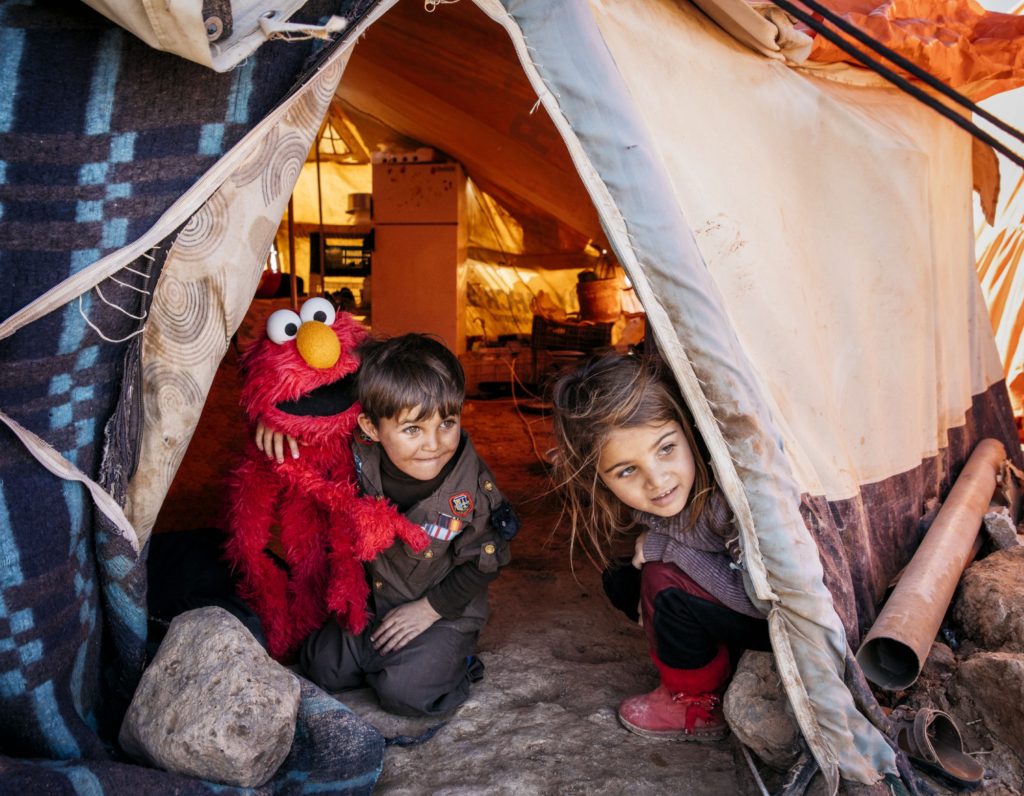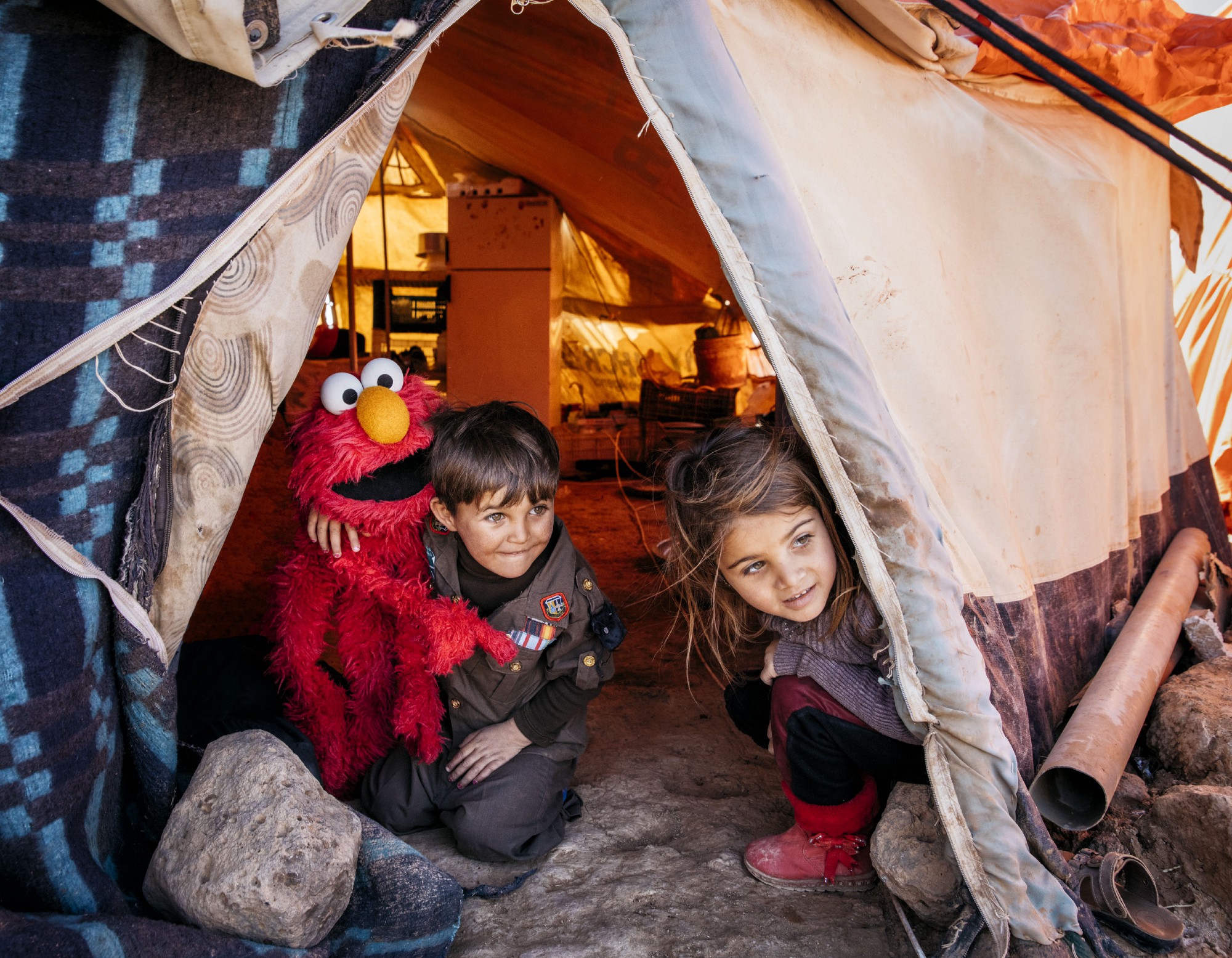Guest post by Jeff Mosenkis of Innovations for Poverty Action.

- My colleague Rebecca Rouse guest edits today’s faiV newsletter from NYU’s Financial Access Initiative (you can subscribe for a weekly dose of financial inclusion news).
- Spectacular job opportunity from the International Rescue Committee working with NYU and Sesame Workshop, leading M&E on their MacArthur $100 Million-winning project to help war-affected kids.
- Alaka Holla picks up the question of whether we should give up on baselines and use the money for bigger endlines.
- The U.S. Census Bureau compared what husbands and wives told them each earned to tax records, and found “When a wife earns more, both husbands and wives exaggerate the husband’s earnings and diminish the wife’s.“
- The Daily Show’s Trevor Noah had a thoughtful public discussion with the French Ambassador Gérard Araud about what it means to different ears when calling the African immigrant or children of immigrant players on France’s World Cup team “African” or “French,” and whether those identities are in conflict (in France, does referencing African heritage make the players sound not legitimately French?). Here’s Noah’s video, and you can see some of Auraud’s responses to that if you scroll back a few days on his twitter feed (make sure you’re checking ‘tweets and replies’.)
- It’s really worth reading Belgian player Romelu Lukaku tell his story of growing up poor to play in the World Cup:
When things were going well, I was reading newspapers articles and they were calling me Romelu Lukaku, the Belgian striker.
When things weren’t going well, they were calling me Romelu Lukaku, the Belgian striker of Congolese descent.
- Also see this interesting Rough Translation episode on how Brazil decides who is of enough African descent to benefit from government programs.
- Seema Jayachandran with a very nice New York Times column on programs fighting poverty by raising aspirations. (And the person behind this amazing video volunteered to help other orgs; get in touch with Seema for an intro.)
- Rachel Glennerster reflects on her first six months as DFID chief economist.
And 15 years ago, a friend tried the old trick of leaving $20 in the bound copy of his dissertation at the University of Chicago library to see if anybody would ever read it. After mentioning it on twitter, one of the library staffers went to check on it:
https://twitter.com/UChicagoReg/status/1016743093503217666

